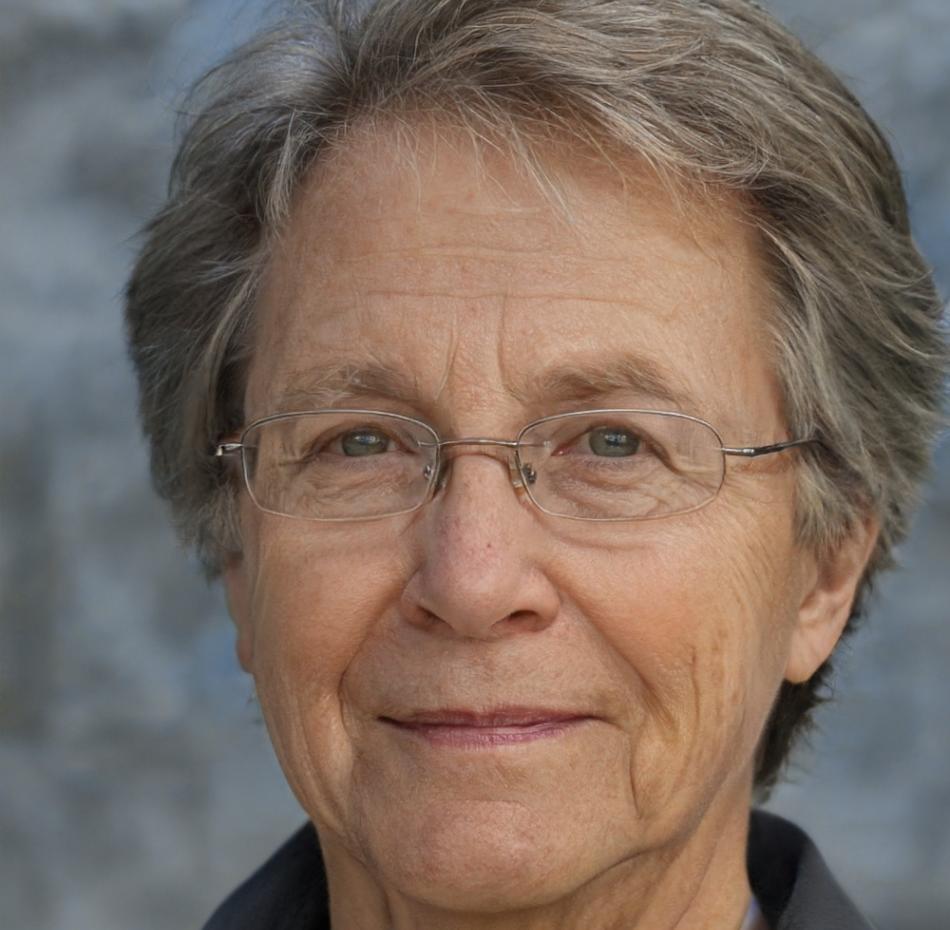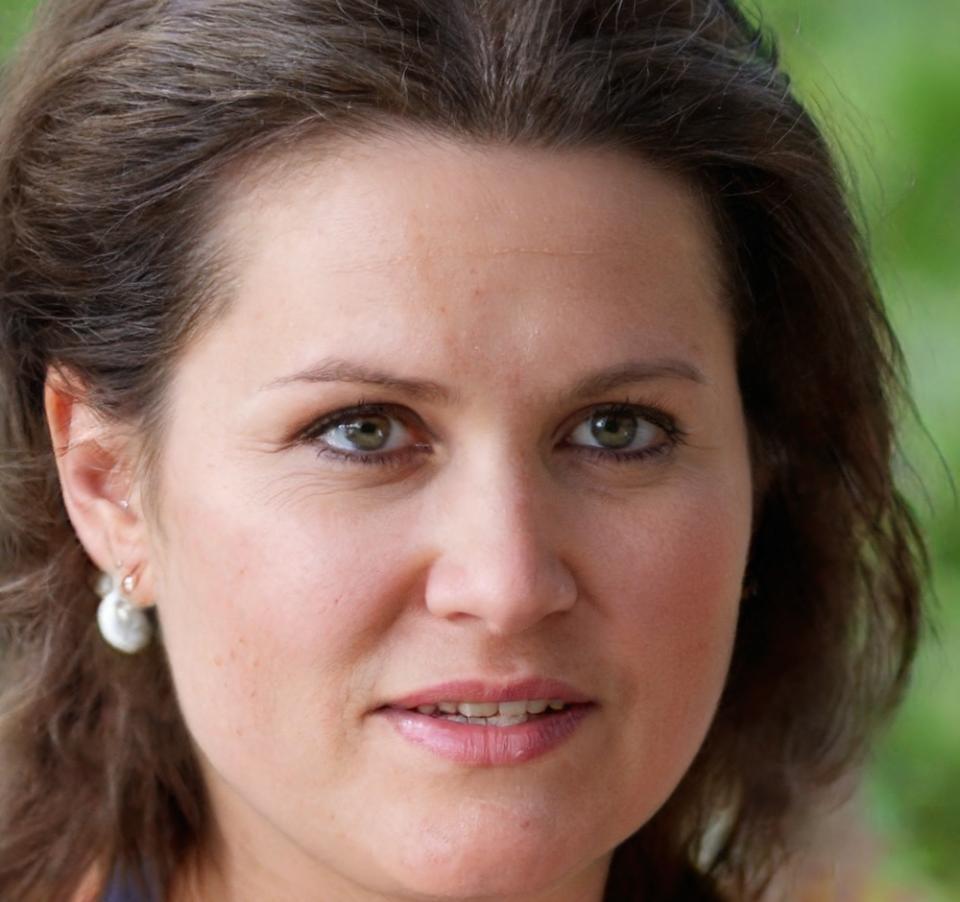Building Tomorrow's Game Developers
We started as a small team passionate about bridging the gap between creative vision and technical reality in game development. Today, we're helping students master the art of 3D asset integration across multiple game engines.

Our Story Began in 2021
Three former game industry professionals found themselves repeatedly explaining the same complex concepts to junior developers. The disconnect between theoretical knowledge and practical application was obvious everywhere we looked.
So we decided to do something about it. Instead of complaining about the skills gap, we built a structured learning program that focuses on real-world scenarios. Our approach isn't about memorizing syntax – it's about understanding how different engines handle assets and why certain decisions matter.
What started as weekend workshops in Belgrade has grown into comprehensive programs that prepare students for actual industry challenges. We've learned as much from our students as they have from us.
Real Industry Focus
Every lesson connects directly to what students will encounter in professional game development. We skip the academic fluff and concentrate on practical skills that matter when deadlines approach and optimization becomes critical.
Multiple Engine Mastery
Understanding one engine isn't enough anymore. Our curriculum covers Unity, Unreal, and Godot integration techniques, helping students become adaptable professionals who can work across different development environments confidently.
Long-term Learning
Technology changes fast in game development. We teach fundamental concepts that remain relevant as engines evolve, while keeping our curriculum updated with current industry standards and emerging workflows.
How We Actually Teach
Project-Based Learning
Students work on actual game scenarios from day one. No isolated exercises – everything builds toward creating functional, optimized game assets.
Performance Optimization
We emphasize efficiency from the start. Students learn to think about polygon counts, texture sizes, and loading times as core design considerations.
Cross-Engine Workflows
Rather than teaching engines separately, we show how concepts translate between platforms and where each engine excels in different situations.
Industry Standards
Our curriculum follows current professional pipelines, naming conventions, and collaboration methods used in established game studios.


Meet Our Core Team

Miloš Petrović
Lead Technical Instructor
Former senior developer at two Belgrade studios. Spent six years optimizing 3D pipelines for mobile and console games. His experience with performance bottlenecks shapes our practical curriculum approach.

Elena Jovanović
3D Asset Specialist
Worked as technical artist on several published indie games. Specializes in cross-platform asset optimization and shader integration. Her workflow methods are now standard in our advanced courses.
Our Growth Timeline
Started with weekend Unity workshops in Belgrade. Eight students completed our initial 3D asset integration course. We learned that hands-on practice mattered more than theoretical lectures.
Added Unreal Engine modules after student requests. Developed our cross-platform comparison methodology. Completed courses for 45 students with 89% finishing their projects successfully.
Established connections with three Serbian game studios for project feedback. Integrated Godot workflows. Student portfolio quality improved significantly based on professional input.
Launched performance optimization track and mobile-specific asset workflows. Added VR integration modules. Graduated 127 students with measurably improved technical skills.
Refining our comprehensive program based on four years of student feedback and industry changes. Next cohort begins September 2025 with updated curriculum covering latest engine versions.

Ready to Start Learning?
Our next comprehensive program starts in September 2025. Applications open in June, and we typically fill all spots within two weeks. If you're serious about professional game development, let's talk about your goals.
Contact Our Team